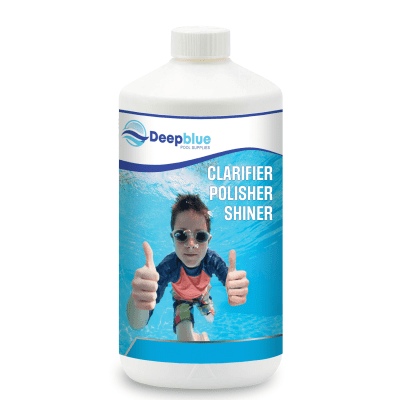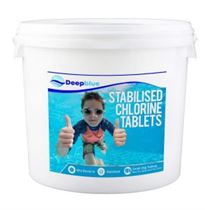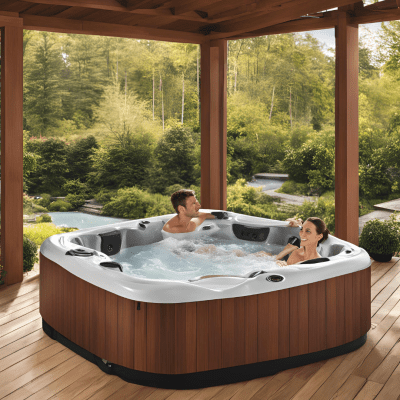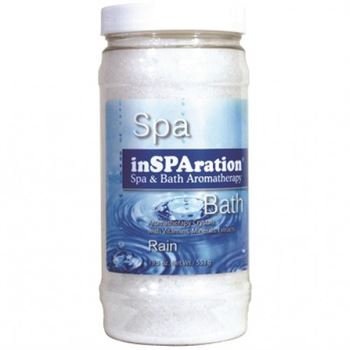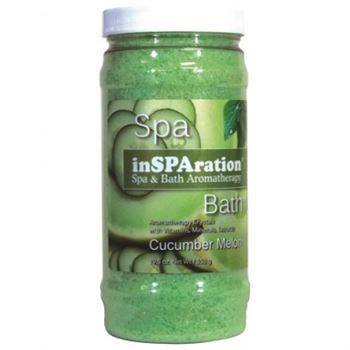Blogpool, Buying Guide, Hottub, Water Testing
Hot Tub Health Benefits: Why Soaking Can Improve Your Well-Being
Many people see hot tubs as a luxury item, but did you know that regular soaking in a hot tub can offer numerous health benefits? From improved circulation to stress relief, the therapeutic effects of a hot tub can enhance both your physical and mental well-being. Whether you’re dealing with muscle pain, chronic stress, or even poor sleep, integrating hot tub time into your routine can lead to noticeable health improvements.
1. Stress Relief and Relaxation
One of the most immediate benefits of using a hot tub is its ability to reduce stress. The combination of warm water and buoyancy creates a soothing environment that helps to relax muscles, calm the mind, and alleviate tension. The experience of soaking in a hot tub naturally releases endorphins, the body’s “feel-good” hormones, which help combat stress and anxiety.
- How it works: The warm water increases blood flow and promotes relaxation in muscles and joints. The massaging action of the jets further helps relieve tension, mimicking the effects of a massage.
- Mental benefits: Just 15-30 minutes in the hot tub can lower cortisol levels, the stress hormone, leading to a more relaxed state of mind. This can be particularly beneficial for individuals with high-pressure jobs or those experiencing regular stress.
2. Muscle and Joint Pain Relief
For individuals dealing with muscle pain or joint issues, a hot tub can provide significant relief. The heat from the water penetrates deep into muscles, helping to soothe soreness and reduce inflammation. Whether you’re recovering from a workout, dealing with arthritis, or experiencing chronic muscle tension, soaking in a hot tub can accelerate the healing process.
- How it helps muscles: The warmth dilates blood vessels, increasing blood flow to damaged muscles. This helps to deliver oxygen and nutrients more effectively, speeding up recovery.
- Joint pain relief: The buoyancy of the water reduces the pressure on joints, making it easier to move without discomfort. This can be especially helpful for individuals with arthritis or other joint conditions.
- Ideal temperature: Keep the water temperature between 37-40°C (98-104°F) for optimal therapeutic benefits.
3. Improved Circulation
The heat from a hot tub causes blood vessels to dilate, improving circulation throughout the body. This increase in blood flow can have a range of benefits, from enhancing cardiovascular health to speeding up recovery from injury. Better circulation also means that oxygen and nutrients are delivered more efficiently to muscles and tissues, aiding in repair and overall health.
- Heart health: Regular use of a hot tub can mimic some of the cardiovascular benefits of exercise. The increased blood flow can help lower blood pressure and improve heart function over time.
- Healing benefits: Improved circulation helps to reduce swelling and inflammation in the body, making it an excellent addition to a rehabilitation routine after injury or surgery.
4. Better Sleep Quality
If you struggle with insomnia or poor sleep quality, spending time in a hot tub before bed can help. The warm water naturally relaxes the body, making it easier to fall asleep and stay asleep. The rise in body temperature followed by a gradual cooling effect can also signal to the body that it’s time for rest.
- How it works: Soaking in a hot tub raises your core body temperature, which then drops once you get out. This cooling-down process mimics the body’s natural preparation for sleep, helping you fall asleep faster.
- Duration: Spend about 20-30 minutes in the hot tub an hour or so before bed to enhance sleep quality.
5. Relief from Arthritis and Joint Conditions
For people with arthritis, joint pain, or stiffness, a hot tub can be a game-changer. The buoyancy of the water reduces the pressure on joints, making it easier to move and stretch without pain. Warm water therapy, also known as hydrotherapy, has long been recommended for those with arthritis, as it can increase mobility, reduce stiffness, and alleviate pain.
- Hydrotherapy benefits: Studies show that soaking in warm water can improve range of motion and decrease the need for pain medications in individuals with arthritis.
- Exercise in the hot tub: Gentle stretching and movement exercises in the hot tub can further improve flexibility and reduce pain. The water supports the body, allowing for movements that might be difficult on land.
6. Detoxification and Skin Health
Sweating is one of the body’s natural ways of eliminating toxins, and the heat from a hot tub can help induce sweating, promoting detoxification. Regular hot tub use can also improve skin health by opening pores and encouraging better blood circulation, which nourishes the skin.
- Detox benefits: As your body heats up, it increases perspiration, which helps to flush out toxins and impurities from the skin. This can lead to a clearer complexion and healthier skin.
- Skin hydration: The warm water can also help to hydrate and moisturize the skin. However, be sure to rinse off after soaking to remove any sweat or impurities left on the skin.
7. Alleviation of Headaches and Migraines
The relaxing effects of a hot tub can also help to alleviate headaches and migraines, especially those caused by stress or muscle tension. The heat helps to relax tense muscles in the neck, shoulders, and scalp, which are often the source of tension headaches.
- Stress-related headaches: A soak in the hot tub can reduce stress levels, which is a common trigger for headaches. The increased circulation also helps to deliver more oxygen to the brain, potentially preventing or reducing the severity of headaches.
8. Enhanced Mental Health
In addition to physical benefits, using a hot tub regularly can have a positive impact on mental health. The combination of relaxation, endorphin release, and stress relief can help improve mood and mental clarity.
- Mood booster: The warm water and calming environment promote the release of endorphins, which are natural mood enhancers. This can help reduce feelings of anxiety and depression.
- Mental clarity: Spending time in the hot tub gives you an opportunity to unplug from the stresses of daily life and focus on relaxation. This can improve mental clarity and help you feel more refreshed.
9. Hot Tub Safety Tips for Maximum Benefits
While hot tubs offer a range of health benefits, it’s important to use them safely to avoid any negative effects.
- Limit soak time: Avoid staying in the hot tub for more than 30 minutes at a time, especially if the water is on the hotter side (above 40°C). Overexposure to hot water can lead to dehydration or overheating.
- Stay hydrated: The warm water of a hot tub can cause your body to lose fluids more quickly, so make sure to drink water before and after using the hot tub to stay hydrated.
- Consult with a doctor: If you have underlying health conditions such as heart problems or high blood pressure, consult your doctor before using a hot tub, as the heat may affect circulation.
Conclusion
Hot tubs are not just for relaxation—they offer a wide range of health benefits that can improve your overall well-being. From relieving muscle and joint pain to promoting better sleep and enhancing circulation, regular hot tub use can make a significant difference in your physical and mental health. As long as you use your hot tub safely and maintain it properly, it can be an excellent addition to a healthy lifestyle.
Whether you’re seeking relief from stress, improving your sleep, or addressing specific health conditions, your hot tub can become a valuable tool in achieving a more balanced and healthy life.


